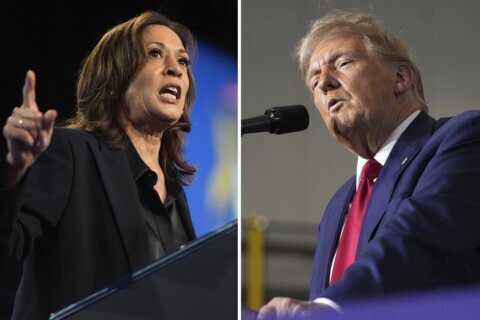Among the many requests President Joe Biden made of Congress during his State of the Union address on Feb. 7, 2023 was that the legislators pass his “billionaire tax,” which he claims would end the practice of billionaires paying a lower effective tax rate than workers like teachers and firefighters.
Experts believe it’s unlikely the law will pass while Republicans control the House of Representatives.
“It’s political theater,” Morgan Hill, chief executive officer and owner of Hill & Hill Financial LLC, says. “If there was even a chance for something like this to pass, it would have been in the first year of Joe Biden’s presidency, when he had all the cards stacked in his favor.”
Keep reading to find out what this proposed tax is and how it would work.
A Similar Proposal Already Failed
Biden proposed something similar in his 2022 budget and it failed to gain traction.
That proposal, as well as one put forth last year by United States Senate Committee on Finance Chairman Ron Wyden, focused on the annual taxation of tradable securities based on their annual values. Under current laws, taxpayers do not have to pay taxes on such securities until they sell them and “realize” these gains.
[READ: Are You Rich? How the Wealthy Are Defined.]
“That means that folks who with a lot of wealth, like billionaires, might have capital gains on paper but if they haven’t sold the asset, they don’t have to pay taxes on it,” Garrett Watson, senior policy analyst at the Tax Foundation, says. “These proposals would tax at least part of those unrealized gains.”
While Biden hasn’t unveiled his proposed budget for fiscal year 2024, which starts in October, his FY 2023 proposal proposed a mandated 20% minimum tax rate for billionaires, a significant increase from the effective 8% tax rate the country’s 1,000 billionaires currently pay.
Biden has previously promised that taxpayers earning less than $400,000 per year would not see a tax increase under his administration.
Minimum 20% Tax Rate for Wealthy Individuals
Wealthy individuals subject to this tax would have to calculate their effective tax rate, including on capital gains. If their effective tax rate is less than 20% of their income, they’d need to remit a payment to make up the difference.
[Read: How to Calculate Your Effective Tax Rate.]
When the taxpayer ultimately sells their securities, they’d essentially settle up with the government by paying additional taxes or receiving a rebate based on the actual value at the sale.
The U.S. Department of the Treasury estimated that over the next 10 years the government could raise an additional $361 billion by imposing a minimum tax rate on the wealthiest individuals — and $174 billion by reforming capital gains taxes.
While those are substantial figures, they’re small in relation to the country’s $6.23 trillion budget, Hill says.
“This proposal is applying philosophical thoughts to a pragmatic tax problem,” he says. “Even if we tax billionaires more, we still have a spending problem.”
[READ: Steps to a Higher Net Worth.]
Increasing Taxes on Corporations
The administration has also been focused on increasing taxes on corporations. In its Inflation Reduction Act, passed in 2022, Biden approved a 15% minimum tax on corporations that bring in more than $1 billion in profits per year and a 1% excise tax on share buybacks.
While it appears unlikely that a federal billionaire tax will pass — given opposition in the House and Senate — there are several state-level plans for wealth taxes that could pave a smoother path to passage.
Lawmakers in seven states, including New York and California, are considering similar proposals to tax unrealized capital gains and/or other ways to increase the effective tax rate for their wealthiest residents.
More from U.S. News
How to Pay Taxes on Investment Income
Every 2023 Tax Deadline You Need to Know
4 Benefits of Filing Taxes Early
What Is the Billionaire Tax and How Would It Work? originally appeared on usnews.com







